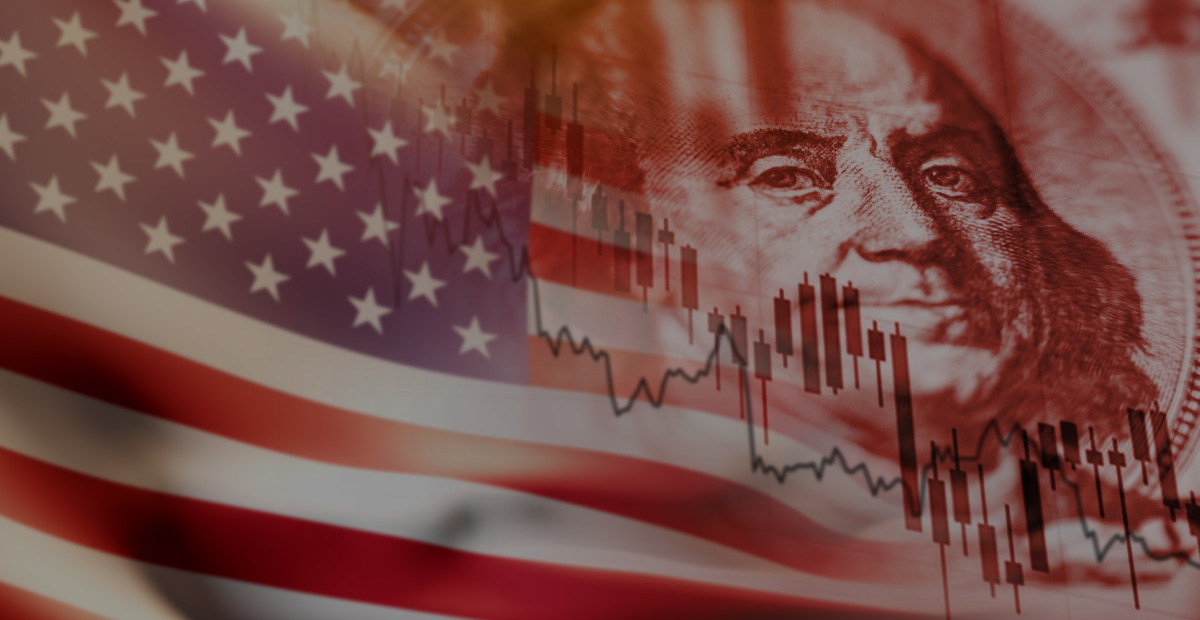There have been growing rumblings in the financial media about the possibility of a weakening US consumer. Despite signs of strong economic growth, some narratives and data recently have pointed towards a possible slowing in the US economy as a result.
The Atlanta Federal Reserve’s GDPNow tracker, which measures real GDP growth, showed a very high forecast for the rate of growth in the US economy at over +4% for the second quarter of 2024 back in April. That figure has come down sharply however, now closer to +2.5%.
This is a significant change in expectations for US economic growth in a short period of time.
One key factor in this decline is the decrease in the real personal consumption expenditures (PCE) component of the tracker. PCE measures consumer spending on goods and services. It dropped from an expectation for growth of +3.4% to +2.6. This supports what we have been seeing in some corporate earnings for companies exposed to the consumer, there is evidence of some slowing in demand growth trends. This is not uniform however, while some specific sectors or companies are seeing slowing growth in demand from consumers, in other sectors like experiential and travel demand has remained robust.
Forecasts for the US economy are now factoring in this reduced spending on goods, with a slight slowdown in services spending also showing up. Some market commentators are suggesting that the engines of US consumer spending could be losing steam, but it’s important to note that this data reflects just one month of information. Looking at a three-month average, the trend appears more stable, though there is somewhat of a slowdown in disposable incomes due to slower wage growth.
It’s also worth noting that during an economic expansion it is perfectly normal for forecasts to fluctuate and for consumer spending to cycle up and down, to higher and then lower levels of growth. The decline in forecast for the US economy we are referring to in this article still, on its new lower level, predicts a good rate of growth for the US.
So… consumer spending might be slowing, but not drastically. Recent reports from companies like Walmart and Dollar General show no significant change in consumer behaviour. While Dollar General noted an increase in same-store sales, indicating people might be opting for more affordable options, they emphasised consistent consumer behaviour rather than a shift in spending patterns.
For investors, the key question is whether this slowdown in consumer spending is good or bad. If the slowdown is enough to prompt several interest rate cuts this year, it could be beneficial to stock prices. However, if it sparks talk of a recession, it could be detrimental in the short-term. That said, talk of recession could result in rate cuts too, which again would be beneficial to stocks. The only scenario which would be bad for stocks in the medium-term would be an actual realised recession, and there is little evidence in economic data that we are close to such an outcome.
Disclaimer: The views expressed in this article are those of the author at the date of publication and not necessarily those of Dominion Capital Strategies Limited or its related companies. The content of this article is not intended as investment advice and will not be updated after publication. Images, video, quotations from literature and any such material which may be subject to copyright is reproduced in whole or in part in this article on the basis of Fair use as applied to news reporting and journalistic comment on events.


